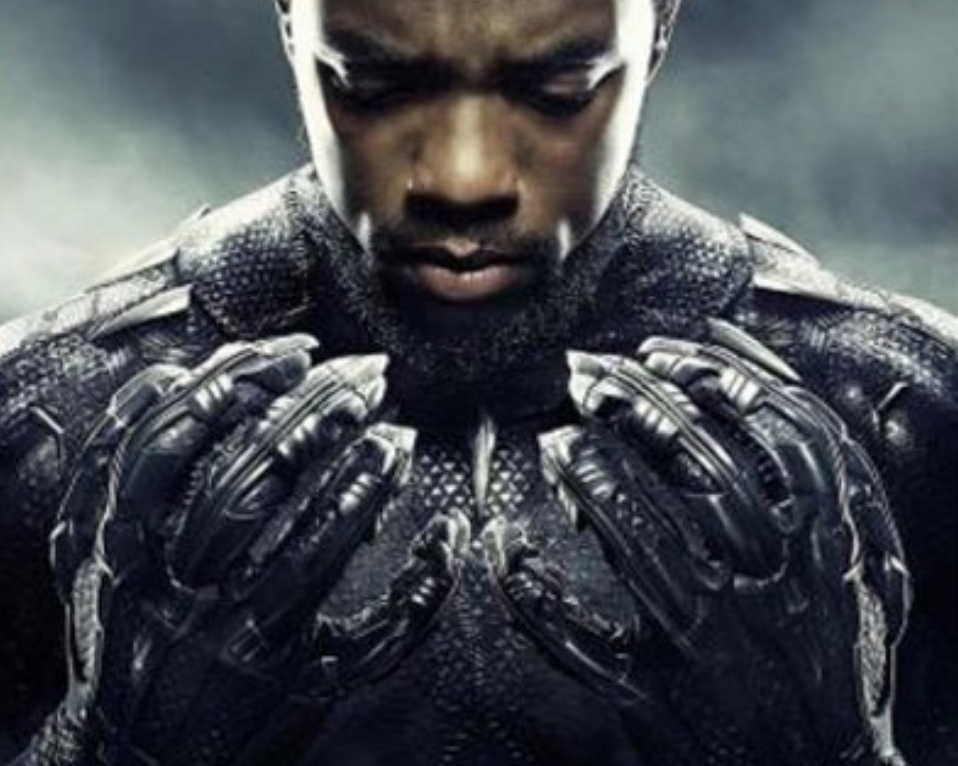The first time Denzel Washington read the "Training Day" script, he had an intensely personal reaction to his character -- the charismatic, but fatally corrupt, detective Alonzo Harris.
"I try to bend even the worst of my roles, like 'Training Day,' " said Washington, the day after a press screening of "The Book of Eli" in Los Angeles. "The first thing I wrote on my script was 'the wages of sin is death.' "
After that biblical pronouncement, the superstar pleaded for a crucial change in this role, for which he won the Oscar as Best Actor. In the original script, viewers learned about his character's death in a television newscast. Washington insisted that this urban wolf be yanked out of his car and forced to "crawl like a snake" before being riddled with bullets, while people in the neighborhood turned their backs on him.
"I said, 'No, no. ... In order for me to justify him living in the worst way, he has to die in the worst way,' " explained Washington.
For Washington, this "bending" process is part of his ongoing efforts to make sense of his Christian faith in the midst of a career as one of Hollywood's most powerful players in front of, and behind, the camera. The goal isn't to sneak faith into mainstream films, but to pinpoint themes about sin, redemption, justice, dignity and compassion that mesh with what he believes to be true as the son of Pentecostal pastor and an active member of the giant West Angeles Church of God in Christ.
That's what he was doing while playing Malcolm X, emphasizing that his sermons built on racial hatred were evolving into messages rooted in equality. In the violent "Man on Fire," Washington played a bodyguard who decides to sacrifice his own life to save a young girl from kidnappers. This "bending" process is easier in some movies than others.
In the R-rated "Book of Eli" -- directors Albert and Allen Hughes call it a "post-nuclear western" -- the actor plays a warrior who marches through a devastated American landscape while, literally, on a mission from God. He is carrying the last surviving copy of the King James Bible, along with his machete and a few other weapons that he uses with righteous fervor. Call it "Mad Moses" in "The Prayer Warrior."
"Here's a man who, like Saul, or Paul, gets knocked off his horse and has this epiphany, this moment," said Washington.
In a vision, the voice of God tells Eli, "Take this book west," and promises to protect him until he can deliver it into safekeeping. There is one big difference between Eli's story and the biblical account of St. Paul's conversion, the actor admitted, with a laugh. "I don't know if it said anywhere in there, 'And kill everybody on your way.' "
While early drafts of the script contained even more religious material, the film does show Eli reading the Bible and praying every day. In a pivotal scene, he teaches a young woman how to pray, while trying to protect her from a strongman who wants to seize the Bible to use it as "a weapon aimed at the hearts of the weak and the desperate."
Eli's basic message is simple: "Do more for others than you do for yourself." The movie ends with a prayer that includes a famous quotation from St. Paul: "I fought the good fight. I finished the race. I kept the faith."
Washington said these are the kinds of messages that linger after the Bible studies that he strives to fit into each day. He has worked his way through the Bible three times, spurred on by the example of Pauletta, his wife of 26 years.
While reading the Book of Proverbs recently, he began looking around his house, marveling over "all this stuff." This led to a sobering question: "What do you want, Denzel?" He focused on "wisdom," which led to the word "understanding."
"I said, 'Hey, there's something to work on. How about wisdom and understanding? How about that? I started praying, I said, 'God, give me a dose of that,' " said Washington. "I mean, I can't get … anymore successful, you know, but I can get better. I can learn to love more. I can learn to be more understanding. I can gain more wisdom.
"So that's where I'm at."



